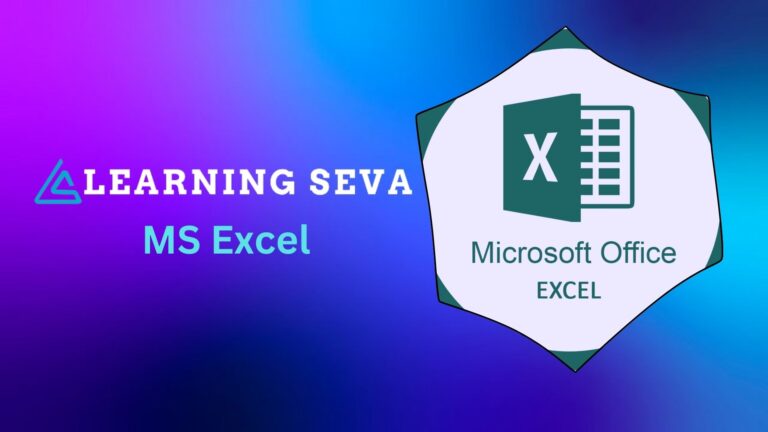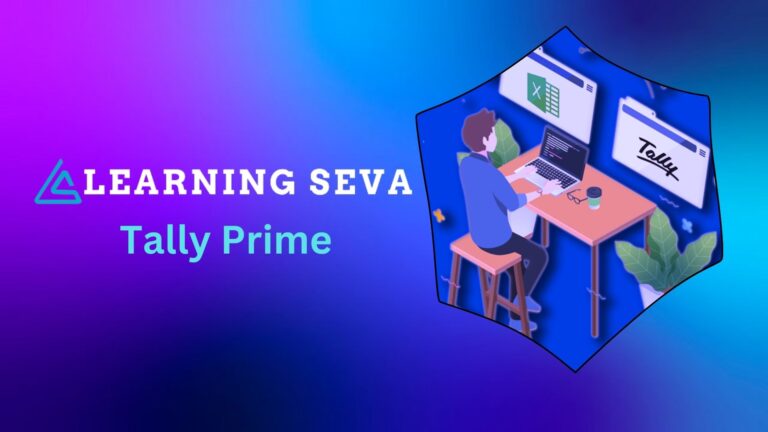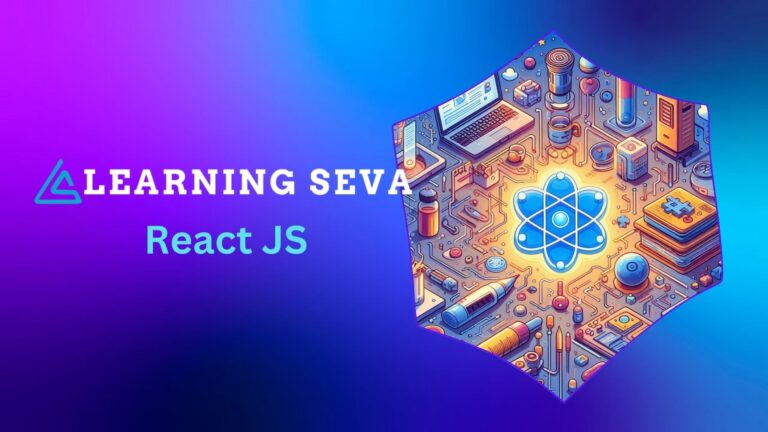SAP: Comprehensive Training for Enterprise Resource Planning

About Course
The SAP course is designed to provide a comprehensive understanding of SAP, a leading enterprise resource planning (ERP) software used by organizations worldwide to manage business operations and customer relations. This course is suitable for beginners as well as experienced professionals looking to enhance their skills in using SAP software effectively.Participants will learn about the various modules within SAP, including finance, logistics, human resources, and supply chain management. The course emphasizes practical applications, allowing learners to implement their knowledge through hands-on projects and real-world scenarios.
Description
This course covers a wide range of topics related to SAP, from foundational concepts to advanced functionalities. Students will engage in practical exercises that reinforce learning and facilitate real-world application.Key topics include:
- Introduction to SAP: Understanding the history, architecture, and key components of SAP systems.
- SAP Modules Overview: Exploring various modules such as SAP FI (Financial Accounting), SAP CO (Controlling), SAP MM (Materials Management), and SAP SD (Sales and Distribution).
- Navigation in SAP: Learning how to navigate the SAP interface and perform basic transactions.
- Data Management: Understanding how to manage master data and transactional data within SAP.
- Reporting and Analytics: Using SAP reporting tools to generate insights from data.
- Integration with Other Systems: Exploring how SAP integrates with other software applications and platforms.
- Customization and Configuration: Learning basic customization techniques to tailor SAP solutions to specific business needs.
What Will I Learn?
- Good Work: Master the fundamentals of C programming for effective software development.
- Stage Fear: Gain confidence in tackling complex challenges.
- Talk: Develop skills to communicate concepts clearly.
- 5 PLUS Year Industry Experience: Learn from industry experts with real-world applications.
FAQs
SAP (Systems, Applications, and Products in Data Processing) is a multinational software corporation that provides enterprise software to manage business operations and customer relations. Its flagship product is the SAP ERP (Enterprise Resource Planning) system.
Key features include:
- Integrated Business Processes: Streamlines various business functions such as finance, HR, supply chain, and sales.
- Real-Time Data Processing: Provides real-time insights and analytics for informed decision-making.
- Scalability: Supports businesses of all sizes, from small enterprises to large corporations.
- Customization: Offers extensive customization options to meet specific business needs.
- Cloud and On-Premise Solutions: Available in both cloud-based and on-premise deployment models.
SAP offers a wide range of products, including:
- SAP S/4HANA: The next-generation ERP suite designed for digital business.
- SAP Business One: An ERP solution for small and medium-sized enterprises (SMEs).
- SAP SuccessFactors: A cloud-based human capital management (HCM) suite.
- SAP Ariba: A procurement and supply chain management solution.
- SAP Concur: A travel and expense management solution.
Implementing an SAP system typically involves several phases:
- Planning: Assessing business needs and defining project scope.
- Blueprinting: Documenting requirements and designing system architecture.
- Configuration: Setting up the system according to business processes.
- Testing: Conducting thorough testing to ensure functionality.
- Deployment: Going live with the system and training users.
Yes! SAP allows customization through configuration settings, custom development using ABAP (Advanced Business Application Programming), and enhancements to meet specific business requirements.
SAP provides various integration options, including:
- SAP PI/PO (Process Integration/Process Orchestration): For integrating different applications within and outside the organization.
- APIs and Web Services: For connecting with third-party applications.
- SAP Cloud Platform Integration: For cloud-based integrations.
SAP includes robust security measures such as role-based access control, data encryption, user authentication, and compliance with industry standards like GDPR.
SAP offers powerful reporting tools such as SAP BW (Business Warehouse), SAP Analytics Cloud, and embedded analytics within its applications for real-time data analysis and visualization.
SAP provides various training resources, including:
- Official training courses via the SAP Learning Hub
- Online tutorials and documentation at the SAP Help Portal
- Community forums for peer support.
Yes! SAP has a comprehensive portfolio of cloud solutions, including SAP S/4HANA Cloud, SAP SuccessFactors, SAP Ariba, and others that enable businesses to leverage cloud computing benefits.
Performance can be optimized by:
- Regularly monitoring system performance metrics.
- Implementing best practices for database management.
- Conducting periodic system updates and maintenance.
Migration involves assessing existing systems, planning data transfer processes, utilizing tools like the SAP Migration Cockpit, and ensuring data integrity throughout the migration process.
Yes! SAP offers tailored solutions for various industries including manufacturing, retail, healthcare, finance, and more to address unique challenges faced by each sector.
Yes! The SAP community is active with forums like SAP Community where developers can ask questions, share knowledge, and collaborate on projects.
Resources include:
- Official documentation at help.sap.com
- Online courses on platforms like Uptaught.com
- Tutorials on YouTube or blogs dedicated to SAP topics.
Common issues include understanding complex configurations, navigating the interface effectively, managing data migrations, and grasping the integration of various modules.
Yes! You can extend functionality through custom development using ABAP or by utilizing tools like the Business Technology Platform (BTP) for building extensions in the cloud.
Yes! SAP offers a range of APIs through its API Business Hub that allows developers to integrate with various services easily.
A course by
Material Includes
- Material 1
- Material 2
- Material 3
Requirements
- Laptop
- Good Internet Connection
- Graduated
- 1 Year Industry Experience





